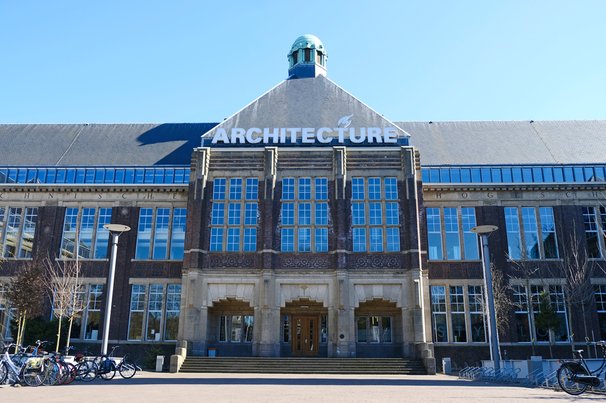A post examining common responses to the question of why the cost of housing continues to rise requires a frank discussion about the nature of Seattle's "housing shortage."
Michael Goldman asks a critical question, with relevance to other cities around the country, and eventually finds an answer that many pro-housing advocates might not like: "Why do Seattle rents continue to rise to higher and higher levels of unaffordability?"
Goldman notes a narrative that is used more and more frequently in the city to explain the lack of affordable housing: a housing shortage. "The housing shortage narrative has largely replaced the language of supply-and-demand, which has recently been criticized for being too reminiscent of trickle-down economics or too simplistic (although some still favor it)," writes Goldman.
The differences between the two lines of argument, Goldman writes, are subtle: "The essence of the shortage argument is the same as the supply-and-demand argument, though. Simply, when the production of housing outpaces the demand for housing we have a housing surplus. When housing production falls behind demand we have a housing shortage."
Thus, Goldman begins the process of debunking the housing shortage narrative, specifically the typical claim about the regulatory causes of the high cost of housing: "upon closer examination, the housing shortage between 2010 to 2015 was not the result of restrictive local regulations but restrictive global capital."
Goldman also suggests a new narrative that might actually be more tractable: out of control rents. The high cost of rent, according to Goldman, is a specific housing shortage that isn't resolved by simply building more housing. "To address the specific shortage, it’s time we started looking at specific solutions including a progressive income tax, rent stabilization, and aggressively capturing the value concentrating in urban land so it can be funneled into affordable housing."
Source: planetizen.com
Cover: ‘seattle’






